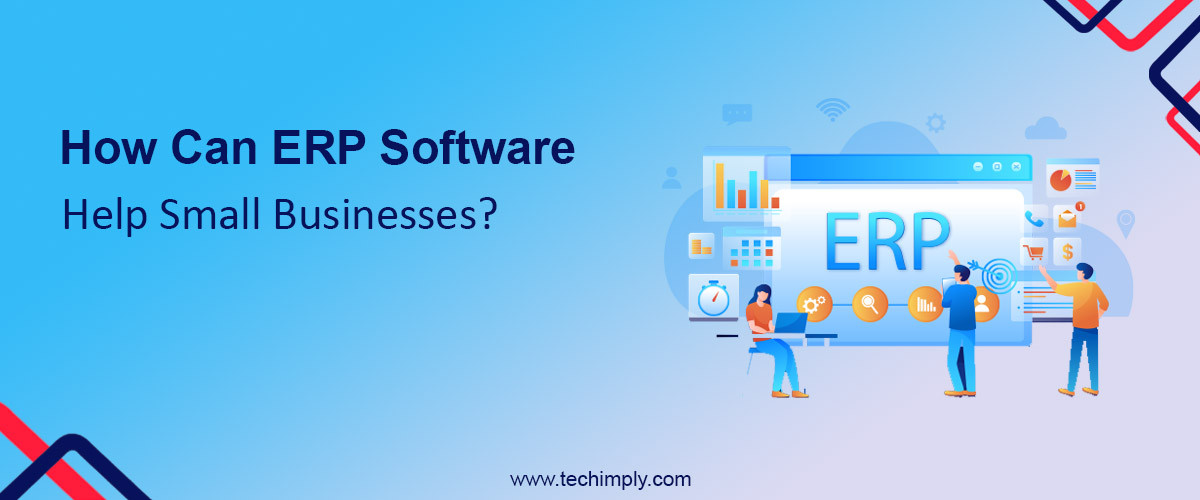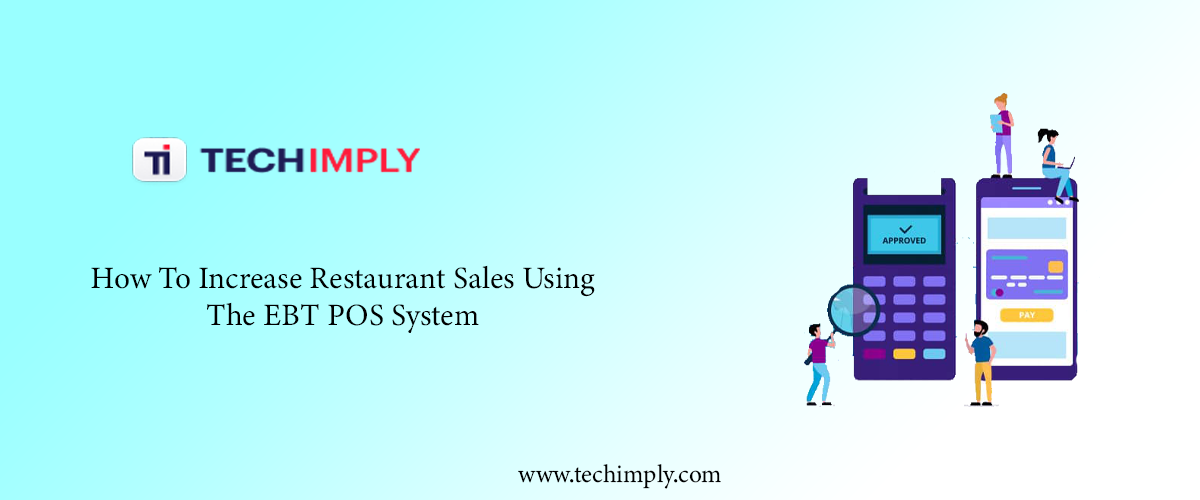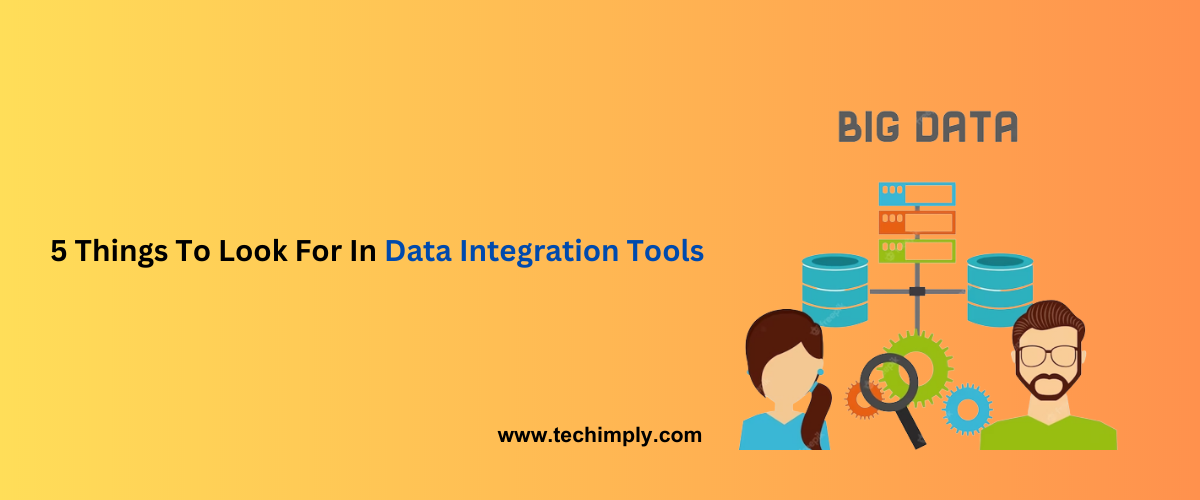Introduction To ERP Software
Small firms looking for simplified and effective operations might benefit greatly from ERP (Enterprise Resource Planning) software. Several corporate operations, including finance, HR, inventory, and customer management, are combined into one platform by this all-inclusive software.
It does this to remove data silos, improve teamwork, and deliver real-time insights. ERP provides small firms with increased productivity, lower operating expenses, and enhanced decision-making power.
Growth and competitiveness are eventually made possible by technology because it streamlines intricate procedures, automates repetitive chores, and guarantees data accuracy. ERP software is critical in helping small firms succeed in a more competitive business environment.
Why ERP Is Relevant For Small Businesses
Enterprise Resource Planning (ERP) solutions have become essential for small firms' survival and expansion despite the many obstacles they face. Limited resources, ineffective procedures, and increased competition are common problems for small enterprises.
ERP solutions give them the tools to increase decision-making, increase productivity, and streamline operations. Small businesses can effectively manage their finances, inventories, client connections, and more with the help of these integrated platforms, which also improve data integrity and decrease manual errors.
ERP systems are also scalable, which enables small enterprises to change with the dynamics of the market. In a world where competition is escalating, ERP is not only necessary but also essential for small enterprises hoping to succeed over the long term.
Economical Management Of Businesses
For small firms looking to maximize profitability and streamline operations, cost-effective company management is critical. A key component in accomplishing this objective is enterprise resource planning or ERP software.
Accounting, human resources, inventory control, and customer relationship management are just a few of the corporate operations that ERP systems combine into one efficient platform. This consolidation improves data accuracy, reduces redundancy, and fosters effective communication.
ERP software provides several benefits for small organizations. The first benefit is making decisions easier by giving real-time information on operations and financial performance. Businesses can find ways to cut costs and use resources more wisely using this data-driven approach.
Furthermore, the ERP system's automation of repetitive processes and workflows lowers operating expenses and the requirement for manual labor. Additionally, through better inventory management and order processing, ERP systems increase customer service.
Inventory And Supply Chain Management
No matter the company's size, supply chain management (SCM) and inventory control are essential to its operation. Maintaining competitive advantage, enhancing customer happiness, and cutting expenses all depend on effective inventory and supply chain management.
SCM covers the full process, from obtaining raw materials to delivering the finished product. In contrast, inventory management Software focuses on keeping an eye on and managing the amount of things a company possesses.
Enterprise Resource Planning (ERP) software is particularly advantageous for small enterprises. ERP systems streamline data management and operations by integrating several corporate processes and activities.
For small enterprises, this translates to precise demand forecasts, efficient buying, and real-time visibility into inventory levels. It makes order processing easier and makes departmental communication more efficient.
ERP software also gives small organizations access to analytics and reporting capabilities that improve supply chain performance overall, cut down on inefficiencies, and enable informed decision-making.
Reporting And Management Of Finances
Effective financial management and reporting are essential components of a profitable company. To ensure profitability and growth, small businesses, like larger enterprises, need to manage their money correctly. Budgeting, risk assessment, cash flow management, and investment choices are all included in financial management.
Financial statements, including balance sheets, income statements, and cash flow statements, are prepared and analyzed as part of financial reporting to offer information about a company's performance.
A crucial tool for helping small firms with financial reporting and administration is enterprise resource planning or ERP software India. Through its integration into a single platform, it simplifies several financial operations.
It saves time and minimizes human mistakes in repetitive operations like payroll, invoicing, and bookkeeping. ERP systems also provide real-time data, which helps small business owners make wise financial choices.
They also help with efficient and accurate financial reporting, crucial for stakeholder communication and compliance. ERP software in India gives small businesses the capacity to improve financial control, save operating expenses, and make data-driven decisions—all of which support long-term sustainability and growth in a cutthroat market.
Client Relationship Management (CRM)
For companies of all sizes to establish and preserve solid client relationships, customer relationship management, or CRM, is an essential tactic. CRM gathers, manages, and analyzes customer data through the use of technology, procedures, and practices, the result being increased customer happiness and loyalty.
Understanding the requirements, inclinations, and actions of your clients is essential to delivering individualized services and products.
CRM helps small businesses compete with larger companies by providing a more customized and responsive customer experience. Small businesses can gain a lot from this. Small businesses benefit greatly from CRM software since it centralized customer data, simplifies communication, and automates several chores.
It permits them to:
- Improve Customer Service: CRM systems give organizations a 360-degree perspective of their clients, enabling them to respond to problems promptly and provide specialized solutions.
- Increase Sales: Small businesses can effectively identify opportunities, upsell, and cross-sell by monitoring customer interactions and preferences.
- Boost Marketing: CRM makes targeted marketing campaigns easier to implement, which raises lead generation and conversion rates.
- Increase Efficiency: By eliminating manual data entry and administrative duties, automation frees up staff members to concentrate on higher-value tasks.
- Data-Driven Decision-Making: Enables small businesses to make well-informed decisions using performance metrics and customer insights.
Growth And Scalability
Any small business hoping to prosper in a fast-paced market must take scalability and growth into account. Scalability is the capacity of an organization to grow, adjust to changing market conditions, and meet the needs of its clientele. Software for enterprise resource planning (ERP) is a useful tool that small businesses can use to achieve sustainable growth.
ERP software automates several business tasks, including customer relationship management, financial tracking, and inventory management. ERP software improves efficiency and data accuracy by combining these processes into a centralized system. Small businesses are, therefore, better able to allocate resources, save operating expenses, and make well-informed strategic decisions.
ERP systems are built to expand along with a company. They provide the freedom to change or add users and features as the business grows, ensuring the software meets changing requirements.
Because of its scalability, small businesses can grow their operations without completely changing their management systems. Thus, ERP software provides a solid basis for long-term success and growth and makes small businesses operate more effectively.
Customization And Integration
Combining integration and customization features, enterprise resource planning (ERP) software provides small businesses invaluable support. Small companies can customize their ERP systems to meet their specific requirements. As a result, operational efficiency is increased, and the software is guaranteed to align with their unique workflows and procedures.
ERP software, on the other hand, can interface with other vital systems, including accounting software, inventory control, and customer relationship management (CRM) software, thanks to integration. Data flow is streamlined, data entry errors are decreased, and a comprehensive picture of the business is provided by this interconnectivity.
ERP software offers several advantages to small businesses. By centralizing data, it enhances decision-making by offering insights in real time. It saves time and resources by automating repetitive tasks. ERP also promotes growth by enabling adaptability and scalability.
Choosing The Proper ERP Solution
A small business's competitiveness and efficiency may be significantly impacted by its choice of ERP solution, making it an essential choice. Software for enterprise resource planning (ERP) is a vital tool for small businesses looking to increase productivity and growth because it is made to integrate and streamline various business processes.
Small businesses can gain from ERP software in the following ways:
- Simplified Operations: Customer relationship management, accounting, inventory management, and human resources are just a few essential tasks that ERP solutions automate and centralize. By minimizing errors and reducing the need for manual data entry, this integration helps small businesses run more smoothly.
- Data-Driven Decisions: Since ERP systems give small businesses instant access to business data, they can make well-informed decisions using current, accurate data. Better resource allocation and enhanced strategic planning may result from this data-driven methodology.
- Better Customer Service: Customer relationship management is improved by ERP software, which helps companies provide better customer service and forge closer bonds with their customers.
- Cost Savings: Small companies can cut expenses and better manage their resource allocation by automating several processes.
- Scalability: An ERP system should be scalable enough to grow with a small business, accommodate more users or functions, and adapt to changing needs.
- Competitive Edge: By utilizing the productivity and data-driven benefits provided by ERP systems, small businesses can outcompete larger corporations more successfully.
Case Studies And Success Stories
ERP (Enterprise Resource Planning) software can significantly transform small businesses, as demonstrated by case studies and success stories. ERP systems integrate different business functions, reducing processes, increasing productivity, and enabling data-driven decision-making.
A small business that is having trouble with fragmented processes and information silos may be highlighted in a case study. They see a notable improvement following the installation of ERP software. More accurate inventory management lowers surplus and shortage stock. With automated bookkeeping and precise financial reporting, financial management is simplified. Centralized customer data leads to improved customer relationship management, which boosts customer loyalty and service.
Measurable results like higher productivity, lower operating costs, and quicker growth are highlighted in success stories. When other small businesses see they can compete on a bigger scale, they are motivated to adopt ERP solutions. ERP software is an essential tool for small businesses in the current business environment, helping them grow, adapt, and stay competitive.
ERP's Future Trends For Small Businesses
The way small businesses operate and compete in the global market is about to change thanks to upcoming trends in ERP. Best ERP software is becoming more available, reasonably priced, and easy to use for smaller businesses as technology develops.
The following significant themes are anticipated to influence how small businesses will use ERP in the future:
- Cloud-Based Solutions: Due to their scalability, flexibility, and cost-effectiveness, cloud-based ERP systems are becoming increasingly popular among small businesses. Cloud ERP makes real-time data accessible from any location, facilitating remote work and better teamwork.
- Mobile Accessibility: ERP systems will keep developing mobile features that will let staff members and owners of small businesses handle operations and retrieve data while on the go using tablets and smartphones.
- Artificial Intelligence (AI) and Machine Learning: AI-powered ERP systems will increase, optimizing decision-making for small businesses by automating repetitive tasks and delivering data-driven insights.
- Integration with E-commerce: As e-commerce becomes more popular, ERP systems will easily link with online retailers, optimizing customer data, inventory control, and order processing.
- Enhanced Security: Robust security measures will be prioritized in future ERP solutions to safeguard critical business data in light of the growing threat from cyberspace.
ERP software can benefit small businesses by increasing decision-making, lowering errors, increasing efficiency, and optimizing operations—all of which will eventually spur growth. Small businesses will be able to leverage the power of ERP systems as these trends develop, giving them a more equal competitive edge against larger corporations.
Conclusion
ERP software can revolutionize small business operations. To grow and succeed, it improves efficiency, simplifies processes, and offers insightful information. Small businesses can reduce errors, save time, and make better decisions by centralizing data and automating critical processes.
ERP systems make it easier to track finances, manage inventories, and manage customer relationships—all of which eventually boost profitability and customer satisfaction. ERP software is a pricey tool for small businesses hoping to survive in a cutthroat market. Still, the long-term advantages in terms of cost savings and competitive advantage make it well worth the initial investment.






